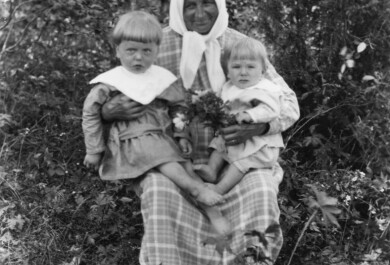Vaccine hesitancy was recognised as a serious threat by the World Health Organization (WHO) in 2019. Now, international experts are joining forces to combat vaccine hesitancy by tackling its root cause – misinformation. With EU funding, the project will harness the potential of health care professionals to challenge misconceptions about vaccination, reinforce confidence in vaccines, and encourage uptake of the COVID-19 vaccine, including being immunised themselves.
The European Union granted the international research project €3.1 million in funding from its Horizon 2020 programme, and the share of Finland and the University of Turku is circa €358,000. The pioneering project is led by the University of Bristol, England, and involves teams in Canada, Germany, Finland, France, and Portugal. From Finland, also Åbo Akademi University participates in the project. The project will systematically investigate attitudes towards vaccinations among health care workers in the participating countries.
– This is vital work, which will play a key role in fighting the deadly virus and other infectious diseases. Vaccine hesitancy is a significant issue across the world and concerted efforts are needed to understand more about its origins and find effective ways to reduce fear and uncertainty, and build confidence in vaccines which are our best shot out of the pandemic, says Professor Stephan Lewandowsky, Chair in Cognitive Science at the University of Bristol, who is heading the taskforce.
Vaccine hesitancy, defined as the delay or refusal of vaccination without medical guidance, has been recognised as a serious threat by the WHO. Misinformation on the internet is a commonly cited cause and health care workers have been identified as trusted influencers, who can help sway vaccine decisions. However, some evidence also indicates that not all health care workers are fully inclined to be vaccinated.
– Previous studies show that even though the majority of health care workers in Finland get vaccinations for themselves and their children, they also experience vaccine hesitancy. In addition, those health care workers who show lower trust in vaccines are less likely to recommend vaccinations to their patients. Since health care workers have a key role in influencing people’s vaccination decisions, it is vital that they have enough information about vaccines and encourage people to take vaccines, says Docent Anna Soveri from the University of Turku, who is the head of the project’s Finnish research group.
In addition, the project will analyse and use arguments made by anti-vaccination activists to develop tools and techniques to challenge and refute such claims via health care workers. The guidance will be deployed by the WHO and the United Nations International Children’s Emergency Fund (UNICIF) for worldwide benefit.




